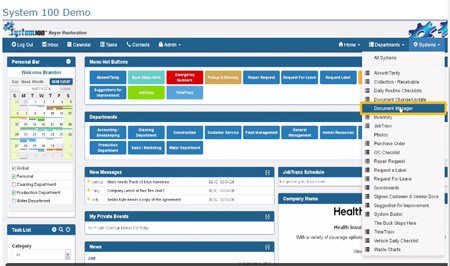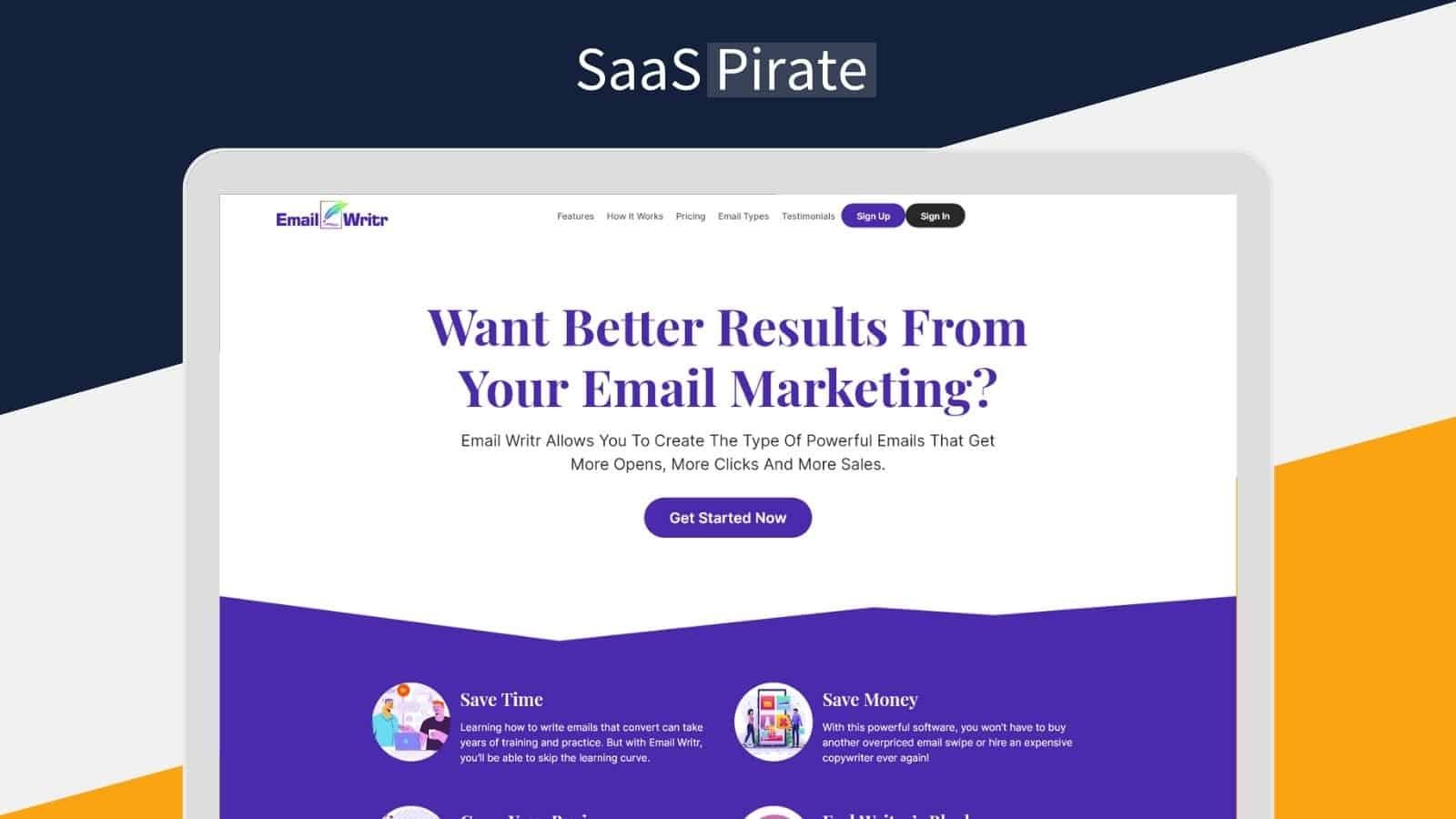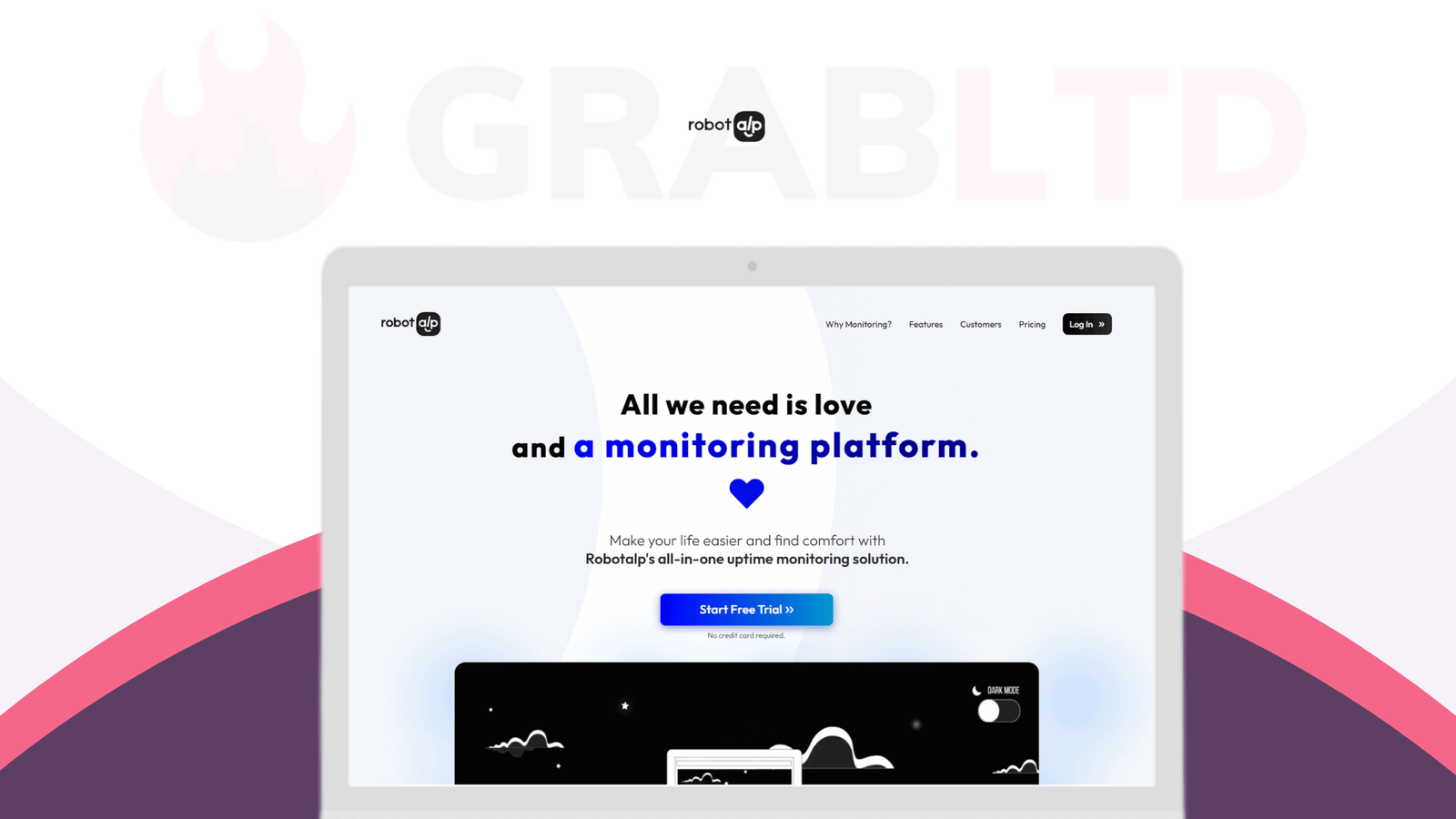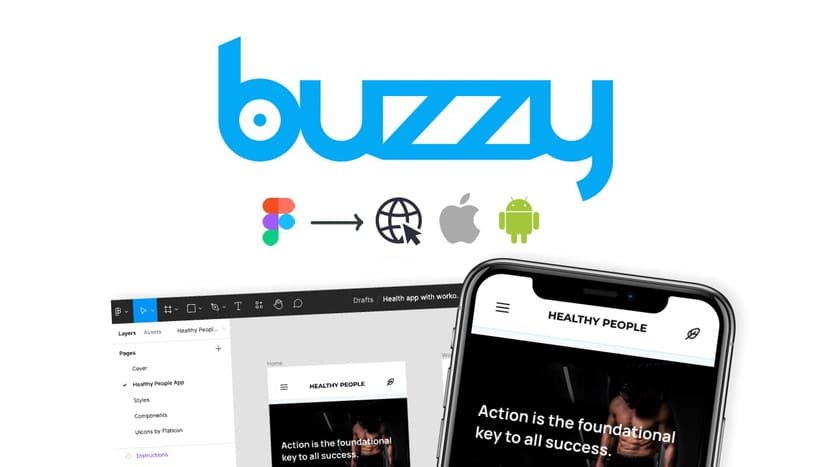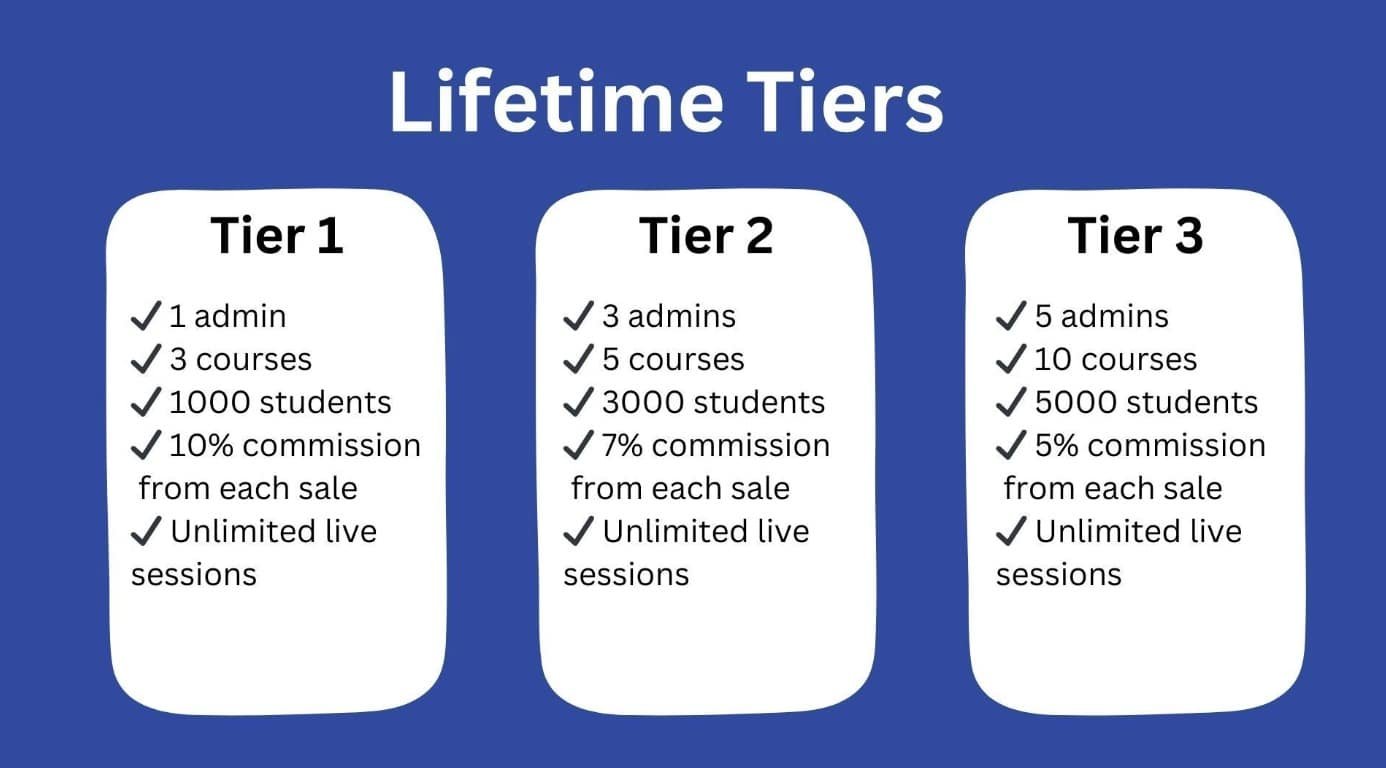Small business management software helps streamline various business operations. It covers tasks like accounting, inventory, and customer relations.
Running a small business involves juggling many tasks. From tracking sales to managing employees, the workload can get overwhelming. Small business management software is designed to ease this burden. These tools automate daily tasks, making operations smoother and more efficient.
They help with accounting, inventory, project management, and customer service. By using such software, small businesses can save time and reduce errors. This allows business owners to focus more on growth and less on administrative tasks. Understanding what small business management software offers can help you decide if it’s the right fit for your business needs.

Credit: monday.com
Key Features
Small business management software streamlines operations. It integrates tasks like accounting, inventory, and customer management. This software enhances efficiency and saves time.
When running a small business, managing various tasks can be overwhelming. Thankfully, small business management software can streamline many of these processes. Let’s dive into the key features that can transform how you handle your business operations.Accounting Tools
Effective accounting is crucial for any small business. The right software offers robust accounting tools that simplify bookkeeping. With automatic expense tracking, you can save time and reduce errors. These tools often include invoicing capabilities, making it easy to bill clients and track payments. Imagine not having to worry about payroll calculations. Accounting tools can automate these tasks, ensuring your employees are paid correctly and on time.Customer Relationship Management
Maintaining strong relationships with your customers is essential. Customer Relationship Management (CRM) features help you stay connected and understand your clients better. CRM tools can store customer details, purchase history, and preferences. This data enables you to personalize your interactions and offer targeted promotions. Have you ever forgotten a follow-up call? CRM features can set reminders and track communication history, ensuring no customer is overlooked. This fosters trust and loyalty. By leveraging these key features, you can enhance efficiency and focus on growing your business. What specific features have you found most helpful in your experience?
Credit: www.shareecard.com
Benefits
Small business management software offers numerous benefits for business owners. This software streamlines operations, enhances productivity, and reduces costs. It is an invaluable tool for any small business looking to optimize its processes and maximize profitability.
Efficiency And Productivity
Efficiency is crucial for small businesses. Management software automates repetitive tasks. This saves time and reduces errors. Employees can focus on more important tasks. Productivity increases as workflows become smoother. The software helps in organizing tasks and schedules. It ensures that nothing falls through the cracks.
Cost Savings
Cost savings is another significant benefit. The software reduces the need for manual work. This cuts down labor costs. It also helps in avoiding costly mistakes. Accurate records and reports help in better financial management. The software can integrate various functions. This eliminates the need for multiple systems. Overall, it leads to significant savings.
Popular Software Options
Small business management software helps streamline operations. Choosing the right software can enhance efficiency and boost productivity. Below are some popular software options that can help manage your small business effectively.
Quickbooks
QuickBooks is a well-known accounting software. It simplifies bookkeeping tasks. You can track income and expenses easily. QuickBooks also generates financial reports. These reports help you understand your business better. It’s user-friendly and ideal for small businesses.
You can also manage payroll with QuickBooks. It helps ensure that your employees are paid on time. The software integrates with many other tools. This makes it versatile and useful for various business needs. QuickBooks is trusted by many small business owners worldwide.
Salesforce
Salesforce is a powerful customer relationship management (CRM) software. It helps you manage customer interactions. You can track leads, sales, and customer support activities. Salesforce provides valuable insights into customer behavior.
The software is highly customizable. It can adapt to your business needs. Salesforce also offers a range of features for marketing. This helps you create targeted campaigns. With Salesforce, you can improve customer satisfaction and drive sales growth.
Choosing The Right Software
Choosing the right small business management software can be challenging. It requires understanding your business needs and comparing features. Not all software offers the same tools or benefits. The key is to find the one that fits your business best. This section will help you navigate through this process.
Assessing Business Needs
First, assess what your business requires. List the tasks you need the software to handle. This could include inventory management, invoicing, or customer relationship management. Think about your current pain points. What tasks take up most of your time? What processes could be more efficient? Identifying these needs will guide you in choosing the right software.
Comparing Features
Next, compare the features of different software options. Look at what each software offers. Some may excel in financial management. Others might be better for customer service. Make a list of must-have features. Then, see which software covers these. Read user reviews and testimonials. They can provide insights into real-world use. Consider the software’s user interface. Is it easy to navigate? A complicated system can cause more stress than it solves. Check if the software offers support and training. This can be crucial for smooth adoption.
Implementation
Implementing small business management software requires careful planning and execution. This process ensures that the software integrates smoothly into your business operations. It involves several key steps to maximize efficiency and minimize disruptions.
Planning And Preparation
First, identify your business needs and goals. Understand what you want the software to achieve. Conduct thorough research on different software options. Compare features, pricing, and user reviews. Choose software that aligns with your business requirements.
Create a detailed implementation plan. Outline the steps and timeline for the process. Assign roles and responsibilities to team members. This ensures everyone knows their tasks and deadlines. Prepare your data for migration. Clean and organize your data to ensure a smooth transition.
Training Employees
Training is crucial for successful implementation. Provide comprehensive training sessions for your employees. Ensure they understand how to use the software. Offer hands-on practice to build their confidence. Use tutorials, guides, and support resources to aid learning.
Encourage open communication during training. Address any questions or concerns promptly. Regularly check on employee progress. Provide additional support if needed. Well-trained employees will use the software effectively. This leads to improved productivity and better results.
Challenges
Small business management software can transform operations. Yet, many businesses face challenges in adopting these systems. Understanding these challenges can help in making a smoother transition.
Integration Issues
Integrating new software with existing systems is often tricky. Old systems may not sync well with new tools. This can cause data transfer problems. Important information might get lost or duplicated. Compatibility issues can also lead to frustration.
Businesses may need additional resources to handle integration. This can increase costs and time spent. Some small businesses might not have the technical expertise needed. Professional help might be necessary. This adds another layer of complexity.
User Adoption
Adopting new software requires users to learn new processes. Employees may resist change. They might find the new system confusing. Training is essential but can be time-consuming. It takes effort to bring everyone on board.
Users need to see the benefits of the software. If they don’t, motivation drops. Regular feedback can help in addressing issues. Ensuring the software is user-friendly can ease adoption. Simple interfaces and clear instructions are key.
Future Trends
Small business management software is evolving rapidly. Future trends show exciting developments. These advancements promise to make managing small businesses easier and more efficient. Let’s explore some of these trends.
Ai And Automation
Artificial Intelligence (AI) and automation are transforming the business landscape. Small business management software is no exception. AI can help automate routine tasks. This saves time and reduces human error. For example, AI can handle customer service inquiries. It can also manage inventory levels. Automation tools can schedule appointments and send reminders. These features allow business owners to focus on strategic tasks. As AI technology advances, expect even more sophisticated automation tools.
Cloud-based Solutions
Cloud-based solutions offer flexibility and accessibility. With cloud-based small business management software, you can access your data from anywhere. All you need is an internet connection. This is especially useful for remote teams. Cloud-based software also provides real-time updates. This ensures that everyone is on the same page. Moreover, data stored in the cloud is secure. Cloud providers offer robust security measures. So, you don’t need to worry about data breaches. Expect more businesses to adopt cloud-based solutions in the future.

Credit: www.matellio.com
Frequently Asked Questions
What Is The Best Software For Managing A Small Business?
QuickBooks is the best software for managing a small business. It offers accounting, invoicing, and expense tracking. Its user-friendly interface makes financial management easy.
What Is The Small Business Management?
Small business management involves overseeing daily operations, financial planning, marketing, and strategic growth to ensure the business’s success.
What Is The Best Cms For A Small Business?
WordPress is the best CMS for small businesses. It’s user-friendly, customizable, and has numerous plugins for various needs.
What Does A Business Management System Do?
A business management system streamlines processes, improves efficiency, and enhances decision-making. It integrates various functions like finance, HR, and operations.
Conclusion
Small business management software helps streamline operations effectively. It saves time and reduces errors. Managers can focus on growth, not routine tasks. This software improves organization and boosts productivity. It’s essential for modern businesses aiming for efficiency. Adopting the right tools can transform your daily operations.
Choose wisely and watch your business thrive.

